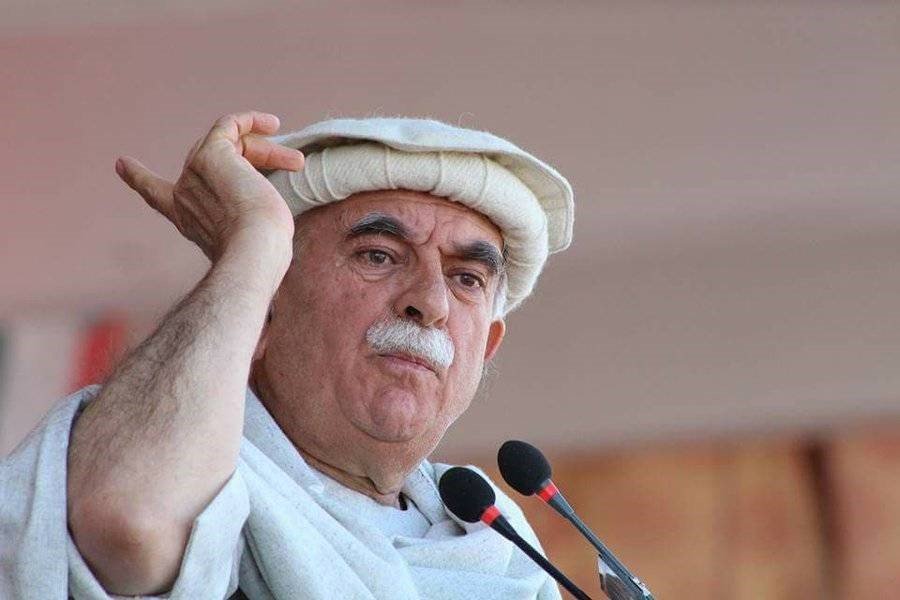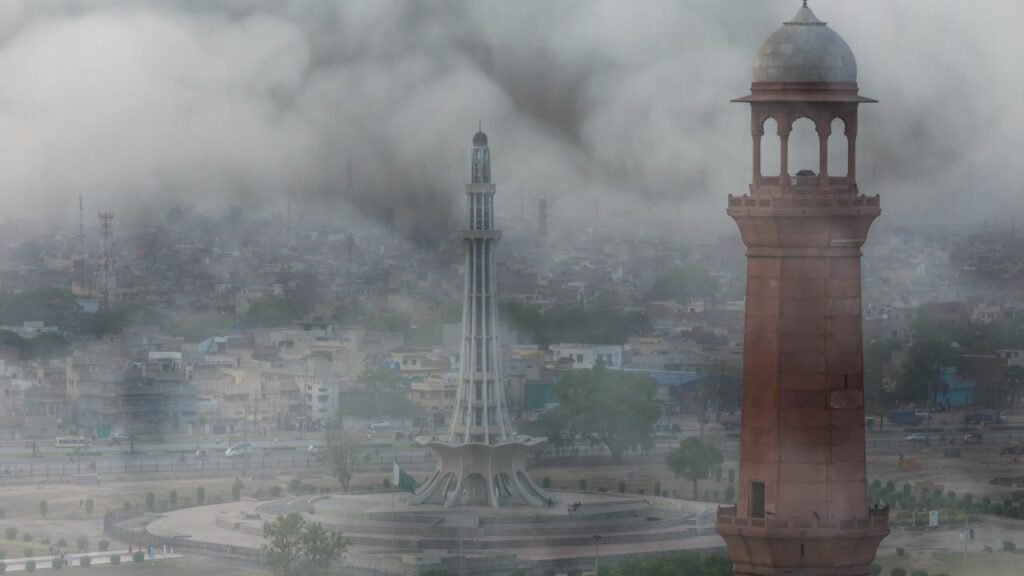Tariq Mahmood Awan
The concepts of “hard state” and “soft state” serve as critical frameworks for understanding the complexities of governance, state authority, and institutional control. These terms highlight the varying degrees of a state’s ability to exert control, enforce laws, and ensure security. However, the concepts depend upon peculiar political philosophies depending upon who is executing them.
A “hard state” signifies a government with formidable institutions, an unwavering capacity to maintain order, and the authority to impose laws through coercive means, such as the military, police, and legal systems. In stark contrast, a “soft state” refers to a less authoritative government, one that struggles to enforce laws, is prone to vulnerability, and often lacks the institutional strength to govern forcefully. This stark dichotomy becomes particularly relevant when examining countries like Pakistan, where issues of state stability, sovereignty, and security are frequently examined.
One of the most significant distinctions between hard and soft states lies in the role of bureaucracy, police and security agencies. In a hard state, the military serves as the linchpin of state authority, stepping in to enforce order when civilian institutions falter. This is particularly true in countries experiencing conflict or facing significant governance challenges. The military not only acts as a force for national defence but also helps bridge the gap where civilian institutions are either absent or ineffectual. The hard state approach has been more effective when the state is unitary. However, in a federal state, the concept of a hard state faces several challenges. Hence, the distinction between hard and soft states is more than a theoretical debate. In the case of Pakistan, the question remains the same, which state will benefit Pakistan? Hard, soft or any other. Let’s talk about it in detail.
Pakistan, as defined by its constitution, is a federal republic. This fundamental structure lays the groundwork for its success. However, the prevailing confusion and lack of clear governance strategies—especially when it comes to the concepts of “hard state” and “soft state”—have often clouded Pakistan’s political landscape. To secure a stable and thriving future, Pakistan must embrace its federal roots and function within the framework of federalism.
Article 1 of the Constitution of Pakistan clearly defines the country as a federal republic. This makes federalism the foundational principle upon which Pakistan’s governance should be structured. The constitution prescribes the division of powers between the federal government and the provinces, ensuring that the provinces retain a significant degree of autonomy. The provisions under the constitution, including Schedule 4, outline a federal legislative list consisting of 56 federal subjects, with 18 CCI subjects shared between the federal and provincial governments.
While legislative and fiscal federalism has been implemented in Pakistan, the vital aspect of administrative federalism remains largely unexecuted. This is where Pakistan’s constitutional framework is failing. The federal government has overstepped its bounds by appointing key administrative figures—such as the Chief Secretary and Inspector General of Police—directly to the provinces, thus centralizing power and undermining the spirit of federalism.
Pakistan’s constitution calls for the implementation of administrative federalism, as laid out in several articles, including Articles 240, 242, 137, 97, 141, 142, 153, and 154. These articles make it clear that federal structures should not only exist in terms of legislation and fiscal matters but should also extend to administrative functioning. The federal government’s ability to appoint top provincial officials, such as the Chief Secretary and IG, directly violates this principle. Such appointments centralize power in Islamabad and bypass the provincial assemblies and governments, which are constitutionally empowered to administer their own affairs.
For a federation to truly function as intended, administrative autonomy must be respected. Provinces must have the power to appoint and manage their own civil services and law enforcement agencies. However, the current system, where federal civil services—such as the Pakistan Administrative Service (PAS), Pakistan Police Service (PSP), and Pakistan Audit and Accounts Service (PAAS)—dominate the provincial administration, severely limits the autonomy of provincial governments. This entrenched bureaucratic control undermines not only the constitution’s intent but also the trust and legitimacy of provincial governments in the eyes of their citizens. This centralization of provincial administration creates administrative, political and cultural challenges which later on, weaken the federalism of the state.
Pl subscribe to the YouTube channel of republicpolicy.com for quality podcasts:
For Pakistan to succeed as a federal state, it must guarantee the full representation of all its diverse provinces and communities. The principles of devolution and decentralization are key to ensuring that power is not excessively concentrated in the hands of a central authority. This would allow local governments to be closer to the people and more responsive to their needs.
A successful federal state also requires a robust rule of law, with the constitution being upheld by all branches of government. Constitutional supremacy must prevail, and the people’s rights—enshrined in the Constitution—must be protected. Federalism thrives in an environment where the rights of provinces and citizens are respected and enforced equally across the nation.
The concepts of “hard state” and “soft state” are often discussed in relation to governance and state authority. A hard state is one characterized by strong, often authoritarian, central control. In such a system, the state relies on coercive power, such as the military or police, to maintain law and order. On the other hand, a soft state is one where governance is weak, institutions are corrupt, and the rule of law is barely enforced.
However, neither a hard state nor a soft state is conducive to Pakistan’s success. A hard state would stifle the autonomy and rights of Pakistan’s provinces, thereby undermining the very essence of federalism. An authoritarian system would lead to the centralization of power, diminishing the role of the provinces and ignoring the democratic needs of the population. Such a system would also inevitably breed resentment and division, ultimately destabilizing the country. Conversely, a soft state would exacerbate the current issues of governance, lawlessness, and corruption. Weak institutions would struggle to enforce the law and maintain order, making it impossible for Pakistan to defend its sovereignty or ensure the welfare of its citizens.
Pakistan’s future can only be secure if it operates as a true federal state. This means that the full spectrum of federalism—legislative, fiscal, and administrative—must be fully realized. Administrative federalism is particularly critical, as it allows provinces to manage their own affairs through locally appointed officials who understand and serve their constituents. Federalism, when properly implemented, ensures that no part of the state is left powerless or without a voice. It guarantees democracy, strengthens the rule of law, and reinforces the constitutional framework. Pakistan cannot afford to function as either a hard or soft state. Both models would ultimately destroy the delicate balance needed to preserve its unity and diversity.
To move forward, Pakistan must embrace federalism in its entirety. This means respecting the autonomy of its provinces, implementing devolution in both administrative and legislative matters, and ensuring that all parts of the state function within the boundaries established by the constitution. Only then can Pakistan hope to build a stable, prosperous, and truly democratic state where power is shared, rights are protected, and the rule of law prevails. Federalism is not just a constitutional principle—it is the only path to Pakistan’s success.















